In 2020, when much of the world was shuttered, Javicia Leslie became a superhero. In July, she landed the lead, Ryan Wilder, in the CW's Batwoman. As a Black bisexual woman portraying the queer Batwoman she became a first for visibility on several fronts and a hero to those who saw themselves in her identities' intersections. As an artist (she's also a director) with a platform, she embraces the fact that living authentically inspires people across a wide spectrum.
Being a "first" of any kind is often fraught with pressure. But Leslie, whose work includes BET's delicious crime series The Family Business and the romantic comedy Always a Bridesmaid, is focused on her new job while remaining aware that what she's doing is meaningful to the fans.
"As far as what identity means in this situation, that's always tricky," she says on a break while shooting the series in Vancouver. "I've never been a person to have to introduce myself as a title, but when you're going into the world as an artist, those titles inspire people, and that's something I do understand and respect."
"I'm just walking in my own truth in my own shoes, but the fact that me being exactly who I am in this position, the fact that that can inspire and open doors for people, that right there is amazing," she adds. "As artists, that's one of the biggest blessings to be able to have -- to be able to make a difference doing what you love."
Leslie is in the Batmobile's driver's seat for the second season following Ruby Rose's departure from the series as Kate Kane (Batwoman). Stepping into a role once inhabited by another comes with expectations, but in the short time since Leslie's episodes began airing in January, she's created an indelible character in Ryan.
A child of the foster system who's on parole after 18 months in lockup for taking the fall for someone she loves, Ryan is living in her van when she's introduced. Her circumstances change when she finds Kate Kane's Batsuit following a horrific plane crash. Trained in martial arts and armed with protection from the Batsuit to help others, Ryan takes on Batwoman's identity and begins to work with Kate's team to find her, hoping she's still alive. Of course, there are plenty of nefarious goons for Ryan to thwart in Gotham City. Thus begins her career fighting crime and the city's corrupt system. There's something wonderfully meta in Leslie's parallel experience with her character as they both step into their new roles.
"I always say that Ryan's on her journey to become Batwoman, just like I'm on my journey," Leslie says.
"I have a lot of fun playing with Ryan because she's a badass in her own right, but she's got so much to learn when it comes to being a superhero. It's fun to be a part of her mistakes and her wins," she notes.
Leslie is new to the role, but it's one she's inadvertently prepared for over years. Not only has she actively practiced the martial art Muay Thai since moving to Los Angeles a few years ago (her brother was a semi-pro mixed martial arts fighter who opened a Muay Thai gym), she's a true aficionado of the Batman universe.
"Batman was a huge part of my experience for comics," she says; the Michael Keaton-led Batman movies were the first she watched. She's not only followed every big-screen iteration of the superhero that has come out in her lifetime. Like a true fan, she went back and watched the campy 1960s TV series starring Adam West. "I loved [Batman], still love him as my favorite because a lot of superheroes have magic powers and things like that, but he didn't. It was all about being able to use his mind to outthink the criminals and having partnerships [like with his assistant Lucius Fox] to really be able to outsmart criminals."
Something else Leslie loves about the brooding caped hero? His resilience in coming back from failure. "It also made it cool to see him lose. A lot of times he lost."
While Leslie's knowledge of the superhero universe stretches back years, her road to playing Batwoman was swift. After Hollywood essentially shuttered as of March 2020, Leslie first submitted a self-tape and later auditioned for the role over Zoom.
By summer, she was on set in Vancouver, where productions were innovating in terms of COVID-19 protocols. Now Leslie is busy at work with a cast and crew that welcomed her with open arms, but she's yet to experience the fan interactions common with stars of superhero franchises.
"I look forward to doing Comic-Con where I can really sit and talk to people," she says.
One response to her casting that resonated with her occurred shortly after she booked the role.
"There's a little girl that was watching it on the news. She was with her dad and she was just like, 'Dad, that woman looks like me,'" Leslie says. "It was because we chose a picture when my hair was like big and curly and natural, and she had really big natural hair and she hadn't seen a superhero that had her look."
Later she received a message from the girl that read, "Thank you for looking like me and being a superhero."
With her newfound visibility, Leslie has already been the subject of media coverage that didn't quite get it right. Several outlets misquoted an interview and asserted she had to "come out" to her mother upon landing the role. Leslie clarifies, "It was a conversation, I'm 33. So it was just a conversation."
She explains why it was critical for her to make a distinction between a coming-out and a conversation.
"I feel like that takes away the gravity of the situation for a lot of other people who did have to go through a journey to be able to tell their truth to their people. I never want to take away that from someone else. I feel like, for me, it wasn't really like that," she says.
"I've always lived my life as I have.... I'm a very private person, but I didn't want [my mother] to feel like she was hearing something that she had never heard from my mouth. So I just had a conversation with her, like 'Hey, I'm just letting you know that...I just feel like it's important that I tell my entire truth. And I just want you to know it before everyone else does.'"
As sometimes happens with those conversations, her mother was way ahead of her. "She was just like, 'I already knew. So there's nothing to tell me that I don't know. You're my child, I pay attention.'"
Batwoman is still in production. But Leslie is also excited to highlight her filmmaker identity. The short film she directed, Black Excellence, about a family that unplugs from modern-life problems to cope with individual trauma, premiered at the Pan African Film + Arts Festival in March. It's already slated for other festivals.
In an early episode of Leslie's Batwoman tenure, "Bat Girl Magic!," Ryan tweaks the Batsuit to truly reflect herself. While Ryan searches for how to be her own true Batwoman, her sexual identity just is, something that is built into the show by creator Caroline Dries and the writers. Notably, the series features several queer characters (especially women).
"You get to just watch [the queer characters] exist, watch them just walk in their truth. It's almost like you're hopping into their lives, post the trauma of being a Black gay woman in America," Leslie says. Trauma "always exists. But it gets to a point where it's just like, 'OK, I have to keep moving on with my life. And I have to continue to walk in my truth, and I have to continue to just operate even in a society where just because of the color of my skin or the people I choose to be with makes me the underdog.'"
"The writers just do this amazing job of allowing us to jump into the story and that element to just coexist within the story. I think that's just really cool about this project," she says.


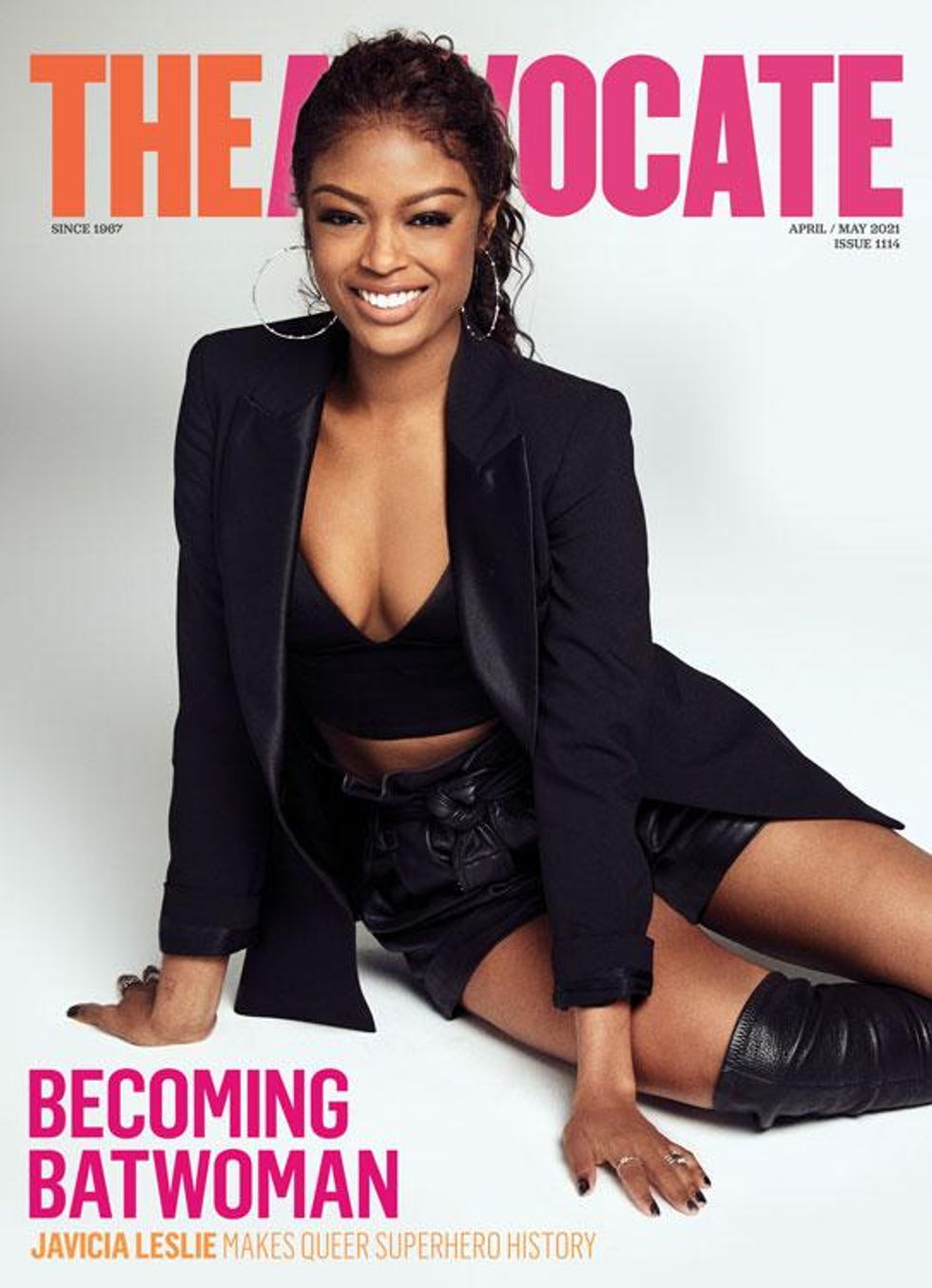
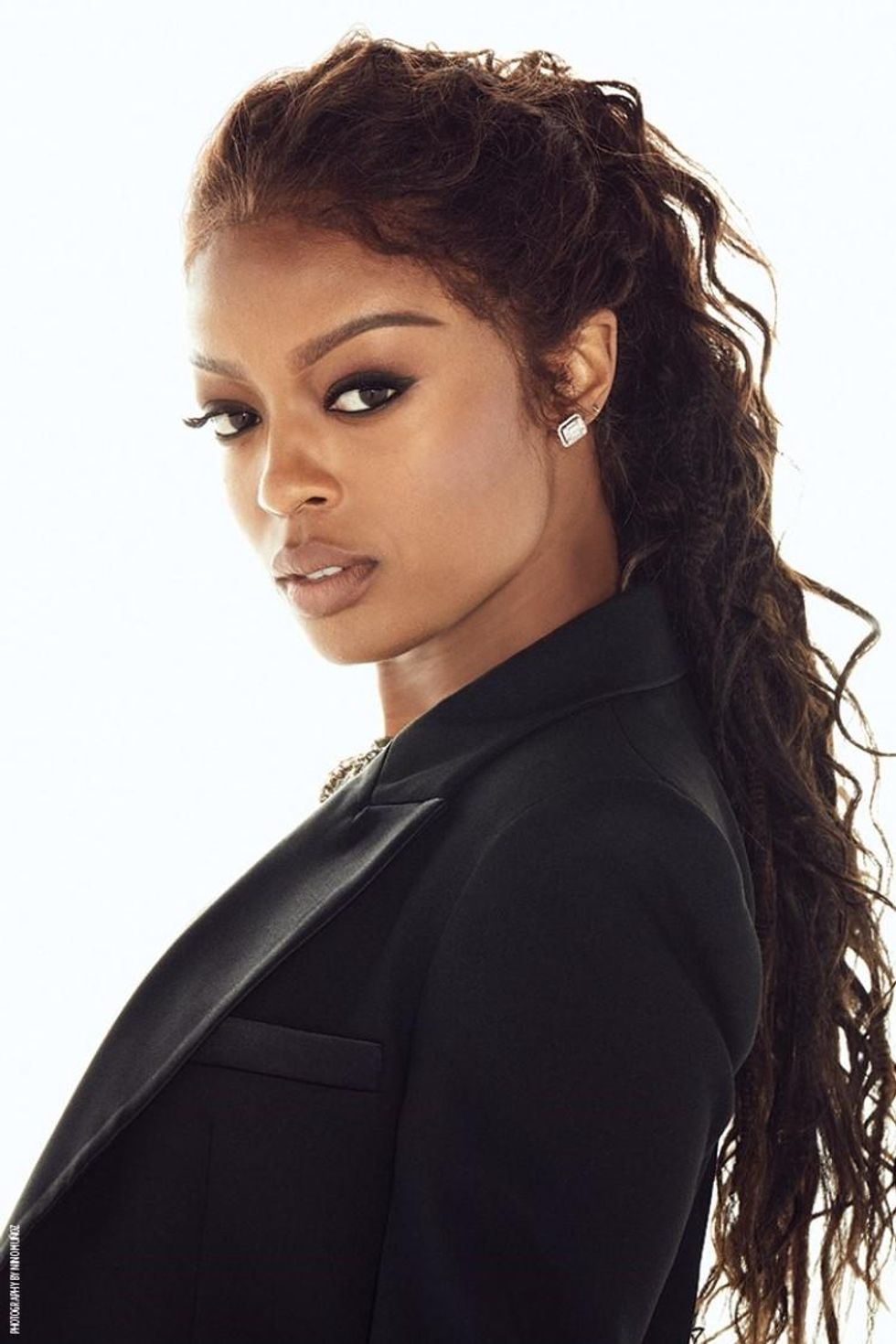





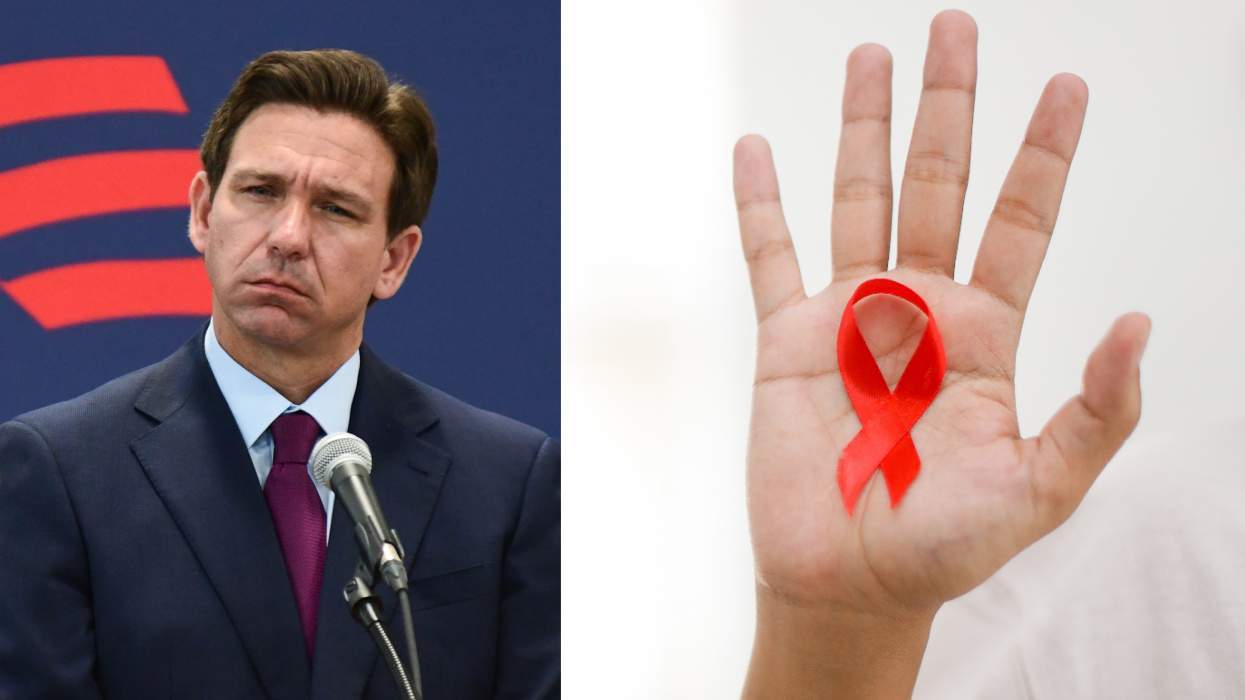
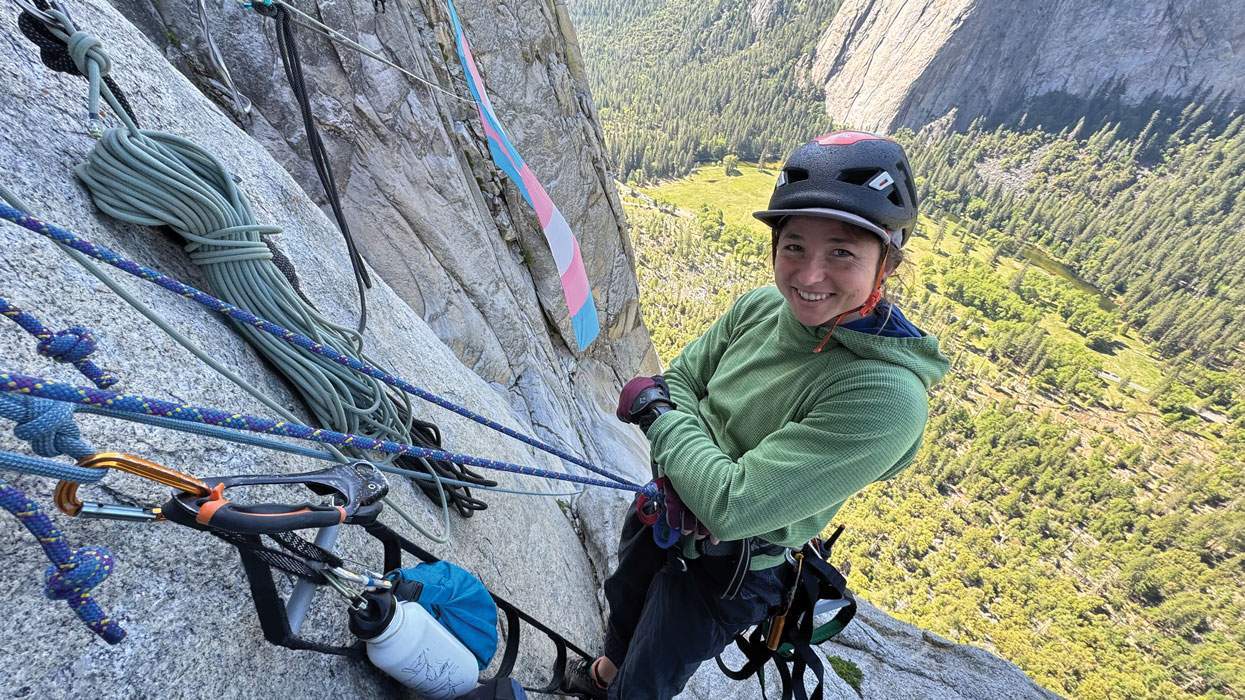
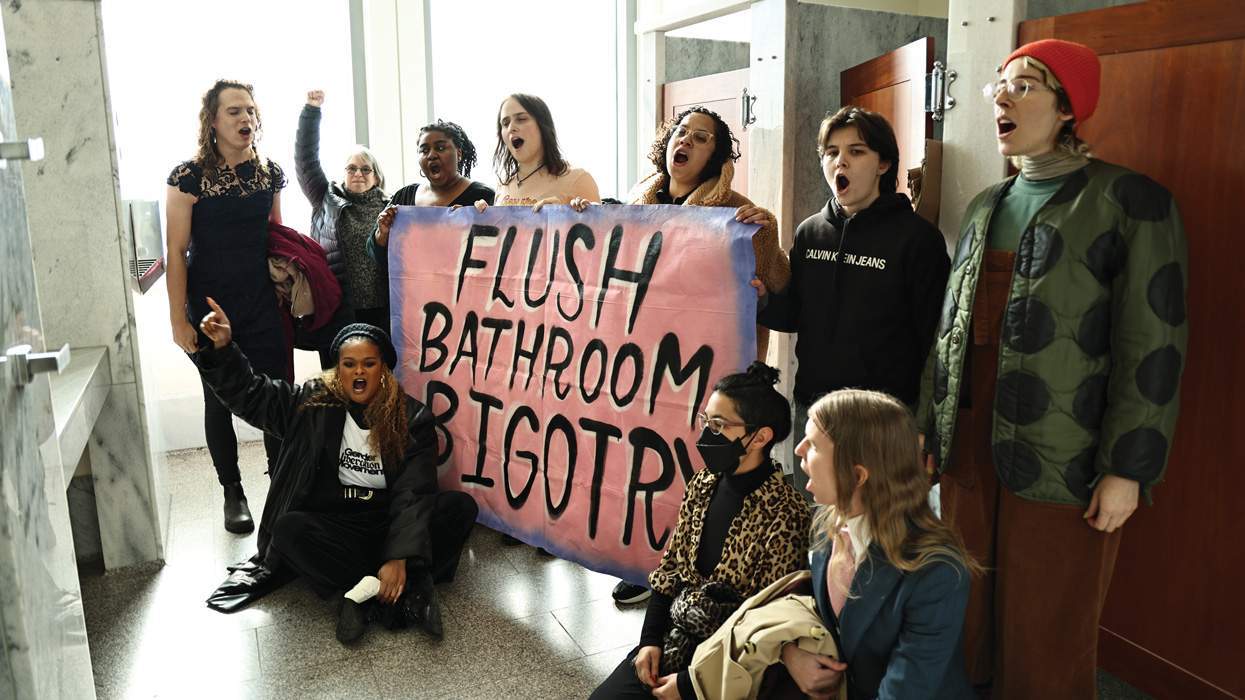
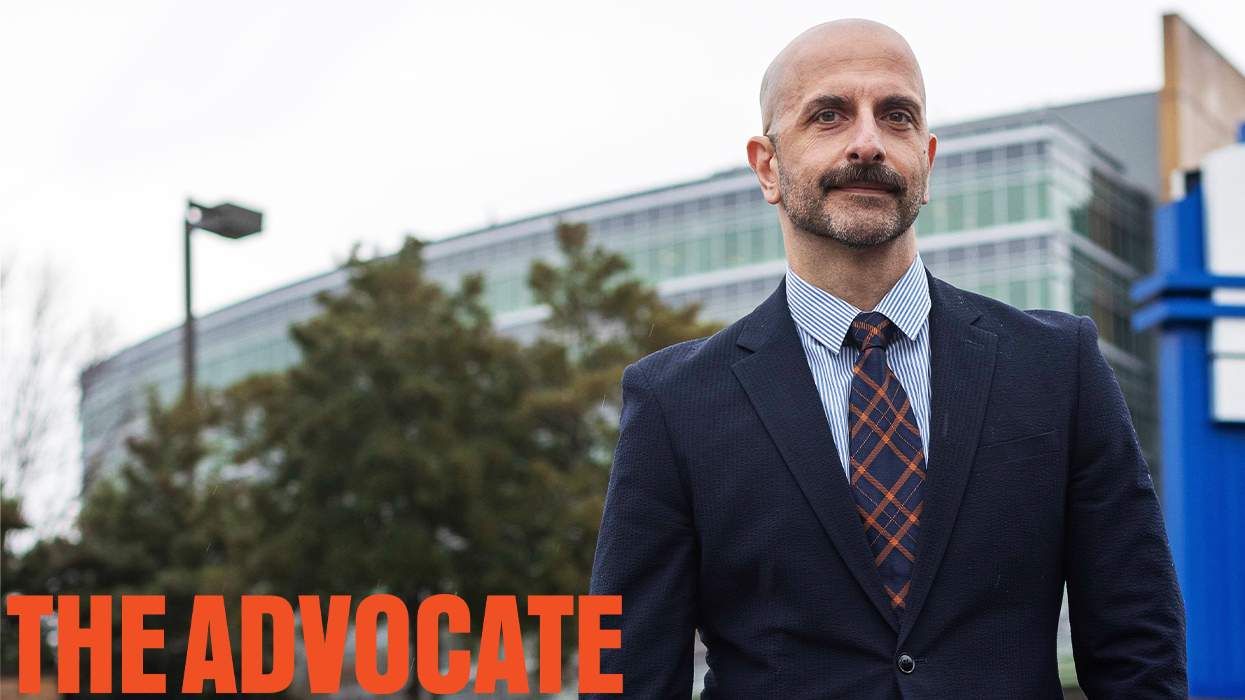





Charlie Kirk DID say stoning gay people was the 'perfect law' — and these other heinous quotes
These are some of his worst comments about LGBTQ+ people made by Charlie Kirk.